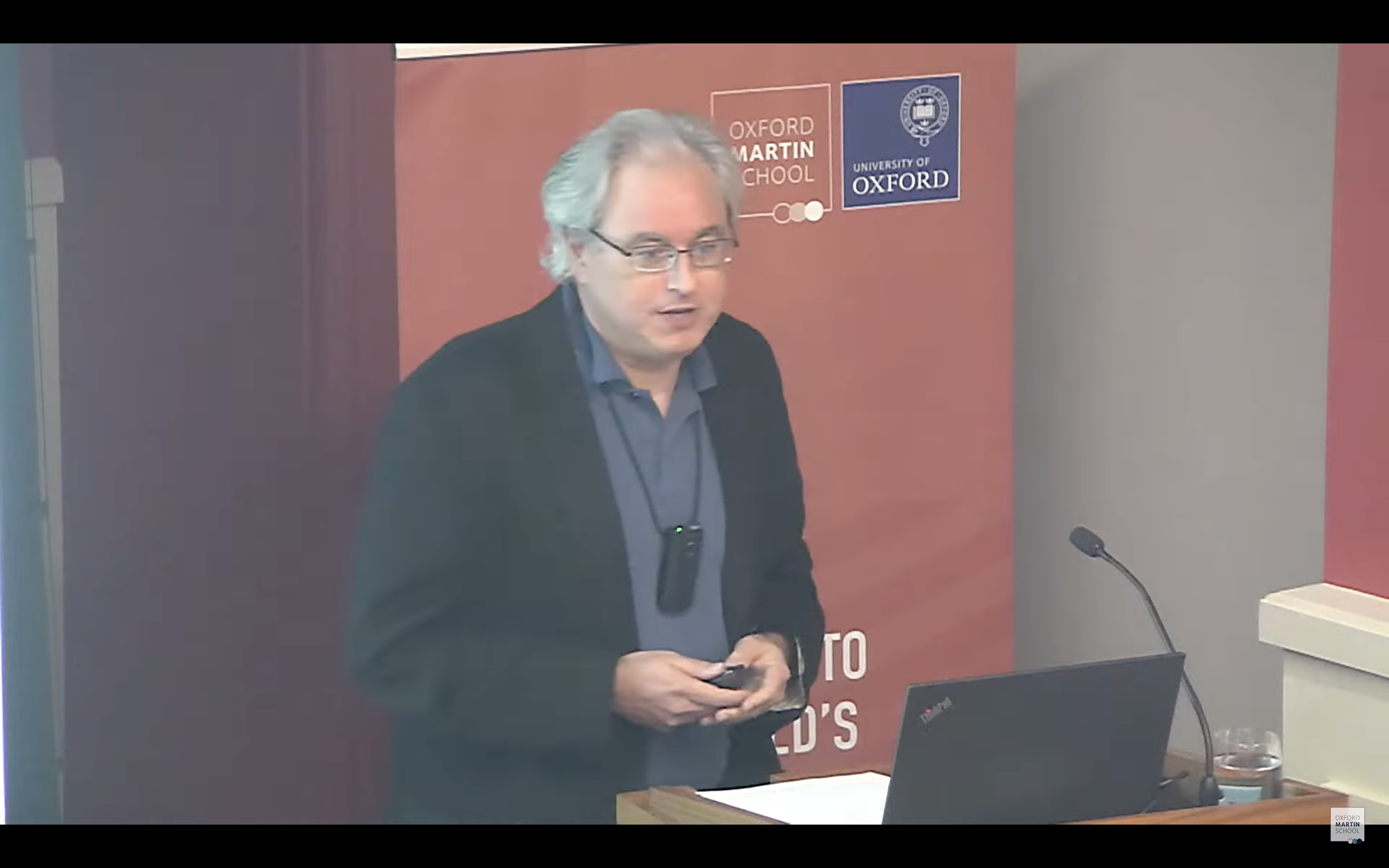On World Refugee Day, we recognise the plight of the 25 million people who have been forced to flee their countries, to stand with them in solidarity and to appreciate the benefits that they have brought, or can bring to many economies. There are numerous studies that demonstrate the various economic benefits that accepting refugees can bring, and one of the most important from the receiving government’s point of view is the potential for refugees to become net fiscal contributors.
However, we think it is likely that these fiscal benefits are understated. Evans and Fitzgerald (2017) have provided estimates of the fiscal impact of refugees in the US, and they found that over the first 20 years of their time in the US, working-age refugees contributed $21,000 on average, and outcomes for children were similar to those of native-born. But because these estimates are based on samples from survey data, they are unlikely to capture the fiscal contribution of refugees that achieved exceptional success, such as Google’s co-founder Sergey Brin, who entered the US as a refugee in 1979.
It is a well-known problem that estimates of wealth and income (and by extension tax revenue) based on survey data do not adequately capture top-earners. Intuitively, if you were to sample 10,000 people from the US, it is still vanishingly unlikely that you would pick up Bill Gates, or Larry Page, but such wealthy people have a disproportionate effect on the average. The likelihood of missing these extreme cases is in part because of the shape of the earnings distribution, but also because wealthier people have been found to be less likely to respond to surveys. It is partly for these reasons that in “Capital in the 21st Century” (2013) Piketty found that inequality had been rising faster than had been thought, as he had used comprehensive administrative data rather than survey data, and therefore achieved a more complete coverage of the upper end of the earnings distribution (see for example p.29-32 of this paper).
So while research shows that resettled refugees can become net fiscal contributors during their working life, this research is unlikely to capture the whole picture. We consider the case of Google co-founder Sergey Brin, and provide some back-of-the-envelope calculations that assess how the potential contribution of this one refugee compares to the cost of the US resettlement program.
Sergey Brin’s net worth was estimated to have increased by roughly $47 billion between 2005 and 2018, and most of this increase was in the form of capital gains—Brin’s wealth is mainly in the form of shares in Google, which rose by 969 percent over this period. In the US, long-term capital gains are taxed at 20 percent (for the wealthiest individuals). So if Brin was to sell these shares, the amount he would end up paying could be in the region of $9 billion. It is far from certain that the Treasury will realise all of this capital gains tax; Brin might choose to set up a foundation to which he can transfer the assets, which would reduce the tax burden, but still mean that the wealth he has generated is channelled to good causes.
How does this figure compare to the costs of resettling refugees to the US? Analysis by the Camarota (2015), and Evans and Fitzgerald (2017), found that direct resettlement costs to the US were around $10,000 in 2015. There have been 600,000 refugees resettled to the US between 2005 and 2016; if we assume that this has remained constant (a conservative assumption given inflation during this period) then this means that the US government has spent $6 billion on resettlement services over this period. A bit less than Brin’s potential capital gains tax bill.
This analysis is rough and ready, and intended to demonstrate orders of magnitude rather than precise numbers. It excludes income tax on his previously six-figure salary, taxes on goods and services. It also ignores the tax paid by Google: this was equal to around $24 billion over the last 5 years. It’s impossible to tell how different this figure would have been without Brin’s input: maybe Google would still have paid $23 billion over this five-year period. That would still mean that Brin’s marginal contribution covered the budget for another 100,000 refugees.
Whatever the exact fiscal contribution of Sergey Brin, it is probably substantial, and demonstrates that not taking into account the huge successes of exceptional refugees (unlikely to be captured in surveys), will understate the value of resettlement, even in purely fiscal terms. Refugees do not need to be famous or have the same level of success as Brin to be a benefit to the economy, but countries should consider the list of refugees who have brought dramatic changes to their countries and even the world—Einstein, Brin, Soros, Andy Grove, Warburg, singers M.I.A and Freddie Mercury, and Sigmund and Lucien Freud to name a few—and ask themselves how much talent could be going to waste for want of the right opportunities. Of course, Brin surely would have found some outlet for his talent—much like Demou-Kay, a refugee from the DRC living in a camp in Uganda, who managed to teach himself how to build a radio transmitter which he used to broadcast song requests to the camp for a small fee. If Demou-Kay had access to the education, infrastructure, and freedom to try ideas afforded by the US, and Sergey Brin lived in a refugee camp in one of the world’s poorest countries, perhaps their respective fortunes would have been reversed.
What of those refugees who are less likely to achieve stratospheric success—normal people who have been thrust into extraordinary circumstances? They too can bring many benefits to the economies into which they are resettled. Across different contexts, they have been found to be more entrepreneurial, have higher employment rates, are generally younger, and are willing to do jobs that native-born workers often shun.
However, on arrival, they face numerous challenges, and for them to live up this potential, there needs to be investment in the services that can help them integrate and navigate their new environment. A forthcoming CGD report—co-authored by colleagues from academia, governments, international organisations and the private sector—sets out why governments are constrained in making these investments, and proposes the use of innovative finance to help overcome these constraints. Innovative finance is a relatively new field, but has proven able to address long-standing problems in public policy, such as the difficulty of spending now to save on future spending, and of transferring value across periods. These tools present new opportunities for governments to face resettlement in a more creative way, and view resettlement as an investment, rather than a cost.
PS: Since last Thursday, the FIFA World Cup has been in full swing. Watch out for the talented winger, Victor Moses. One of Nigeria’s star players, he is also a refugee. The UK granted him asylum after his parents were killed in religious conflict in 2000. Financially, this was a good move: on his current contract, Moses earns £4 million each year, which translates into revenue of roughly £1.8 million for the government, given UK income tax rates. A big part of this success is undoubtedly raw talent, but also relevant is the access to professional facilities and expert training from which Moses benefitted—another case of why investing in refugees is worthwhile.
Disclaimer
CGD blog posts reflect the views of the authors, drawing on prior research and experience in their areas of expertise. CGD is a nonpartisan, independent organization and does not take institutional positions.
Image credit for social media/web: Social media image by James Duncan Davidson/Flickr





